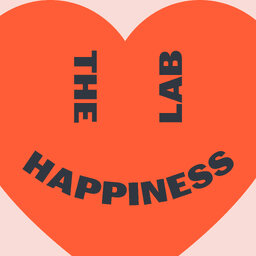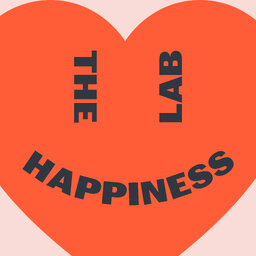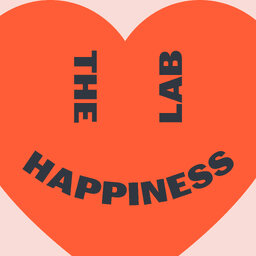Happiness Lessons of The Ancients: The Anger of Achilles
Achilles has anger issues. The great Greek warrior sits out most of the Trojan War because he's angrily sulking. When he finally enters battle, he does so in a fit of rage that causes him to commit atrocities and bring dishonor on himself.
So what can we learn from this angry character in Homer's epic poem, The Iliad? With the help of Harvard classics expert Greg Nagy and anger counsellor Dr Faith Harper, we look at how anger can creep up on us and what we can do to defuse this sometimes explosive emotion.
In 1 playlist(s)
The Happiness Lab with Dr. Laurie Santos
You might think you know what it takes to lead a happier life… more money, a better job, or Instagra…Social links
Follow podcast
Recent clips

Inside the Love Lab with Drs. John & Julie Gottman (Part 1)
47:04

Why Algorithms Can’t Predict Your Love Life with Dr. Paul Eastwick
41:11

How to Find "The One": The Science of Dating with Tim Molnar
45:01
 The Happiness Lab with Dr. Laurie Santos
The Happiness Lab with Dr. Laurie Santos